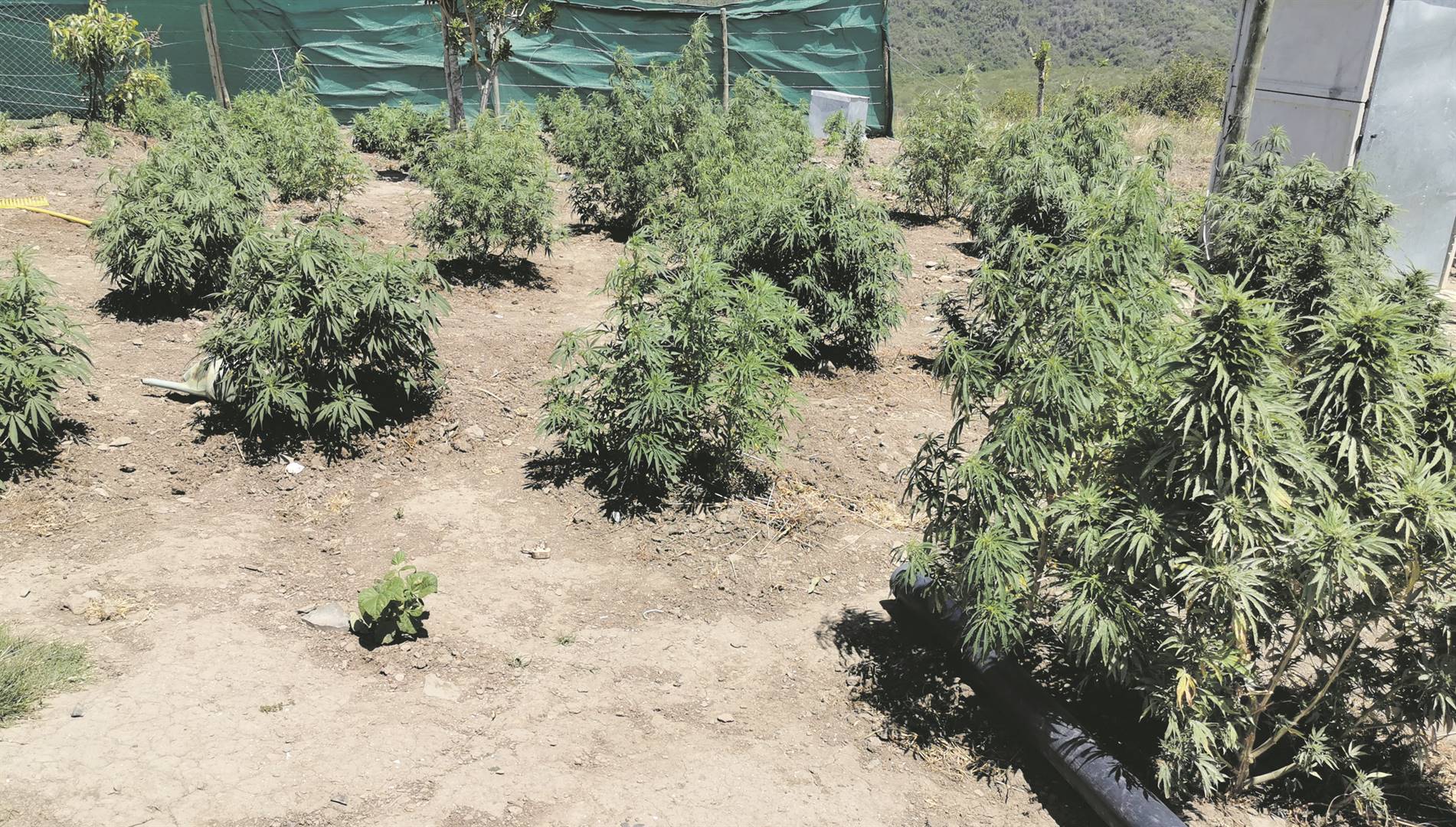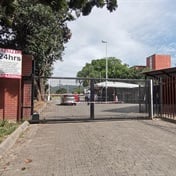
Dagga growers in the Eastern Cape have accused the government of leaving them not so high but very dry following the ruling to legalise it last year.
They said they are no longer making a profit as everyone is now able to plant their own weed and the threat of big investors coming into their trade also did not help.
In September last year the Constitutional Court ruled that the personal use of dagga was not a criminal offence.
Now cannabis growers in the Pondoland town of Port St John’s say this decision has hit their pockets as people are now growing their own weed and no longer buy it from them.
They expect the situation to worsen if a recent announcement by AmaMpondo AseNyandeni King Ndamase to secure Chinese investors comes true.
Zolani said he had been growing dagga since 2010 and it had helped him sustain his family.
The former bodyguard, who was based in Pietermaritzburg where he provided security to some politicians based in KwaZulu-Natal, said he decided to return home to Thombo Village in Port St Johns to grow dagga to make a living.
“I was not making enough money as a bodyguard and I have many children to support. We have a piece of land that was unused at home and for me it was the only logical thing to do. I am raising my 18 children, one of them is doing second year in university, and I have managed to build a home. All of this by selling dagga.”
Zolani said the type of weed he grew was not the ordinary kind that just grows wild; the one they call TK – Transkei.
He said he specialised in growing high-grade weed which was loved by his “elite” customers.
“We plant different strains of weed depending on what is popular in that particular season. For instance, at the moment people love Blue Cheese. But previously they preferred RDC [Sour Diesel] which I used to grow.”
The reason he decided to grow a specialised breed of marijuana was because the most commonly used weed in Pondoland, TK, had lost its value.
But he said legalising their trade had changed things and his business had taken a big knock.
“Even the value of the types that I grow has taken a nosedive. Now I sell only one litre [in a 1 litre bucket] a month which is about R2 500. In the past I’d sell up to 10 litres a month at about R5 000 per litre. You can imagine how difficult things are now compared with then,” he said.
Another dagga trader and grower, Big John, said it was better back then when they were hiding from the police as they made a lot of money despite the risk of getting arrested.
“These new regulations, especially with the licensing regime or permits, are designed to get us out of business and give the trade to big businesses and international people like the Chinese.
“You might have heard from the AmaMpondo AseNyandeni kingship that it has brought in Chinese farmers to plough 100 000 hectares of cannabis here on our land. Where does that leave us as indigenous people on the ground who have been doing this, taking over from our parents and grandparents? We have never needed assistance on how to grow dagga, we know this, we have got the skill and means. Now all of a sudden everyone wants a dagga farm,” he said.
Luxolo from Libode said the value of dagga had dropped significantly.
“A gram used to cost R50; now, because we are desperate, you can sell for R10.”
He said he had also decided to grow high-grade dagga which was expensive to grow and time consuming.
“I have three strains – Candy Cheese, White Widow and Exodus. They are at a maturing stage now and I should be harvesting soon,” he said.
Luxolo said he used to sell a litre of his high-grade weed for R4 500 but it has dropped to about R100.
Luthando Bara, president of the Black Business Forum, said the problem people faced was the complexities and costs of applying for licensing.
“That is where the exclusion and marginalisation of people who have been working this land with this same dagga are going to be left out. That is what needs to be addressed. We need knowledge for entrepreneurs locally to understand the opportunities,” he said, adding that what was also needed was someone to find a market for producers, technology to process the weed and partnerships for export.




 Publications
Publications
 Partners
Partners









